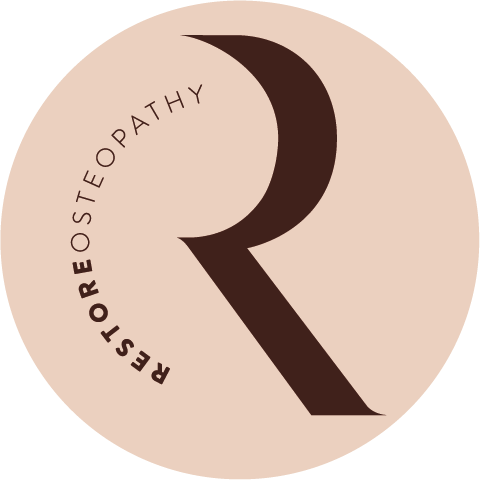How can Osteopathy help during pregnancy
Osteopathy can be a safe and effective form of treatment during pregnancy. As the body goes through significant changes during pregnancy, the musculoskeletal system can become strained and imbalanced. Osteopathic treatment can help address these issues and alleviate discomfort.
Here are a few ways in which an osteopath may be able to help:
Relieving Pain: Osteopaths can help relieve the pain and discomfort that may arise during pregnancy. They may use gentle manual techniques to reduce tension in muscles and joints, relieve pressure on nerves, and promote better circulation.
Improving Mobility: As a woman's body changes during pregnancy, her joints and muscles may become more restricted, leading to decreased mobility. Osteopaths can work to improve range of motion, helping to maintain or restore optimal function.
Preparing for Birth: Osteopaths can help prepare a woman's body for birth by working on the pelvic area, which is an essential part of the birthing process. By improving the mobility of the pelvis, an osteopath can help make labor and delivery easier and more comfortable.
Addressing Digestive Issues: During pregnancy, some women may experience digestive issues like constipation or acid reflux. Osteopaths can use gentle techniques to help alleviate these symptoms and improve digestive function.
Reducing Stress: Osteopaths can also help reduce stress and anxiety during pregnancy, which can have a positive impact on both the mother and baby. They may use techniques like gentle massage, breathing exercises, and relaxation techniques to promote a sense of calm and well-being.
Common pregnancy-related conditions that we treat as Osteopaths include:
Sure, here are some common musculoskeletal conditions related to pregnancy that osteopaths may be able to help treat:
Low back pain: Low back pain is a common complaint during pregnancy, and osteopaths may use manual techniques to help alleviate pain and improve mobility in the lumbar spine.
Pelvic pain: Pelvic pain during pregnancy can be caused by a number of factors, including hormonal changes, pressure from the growing uterus, and joint hypermobility. Osteopaths can use techniques like myofascial release and gentle joint mobilisation to help alleviate pain and restore mobility.
Sciatica: Sciatica is a condition where the sciatic nerve becomes compressed, causing pain and numbness in the buttocks and down the leg. Osteopaths can help relieve sciatic pain by working on the muscles and joints that may be contributing to nerve compression.
Carpal tunnel syndrome: Some pregnant women may experience carpal tunnel syndrome, which is characterised by numbness, tingling, and pain in the hands and wrists. Osteopaths can use techniques like soft tissue mobilisation and joint mobilisation to help relieve symptoms.
Symphysis pubis dysfunction: Symphysis pubis dysfunction (SPD) is a condition where the joint that connects the two halves of the pelvis becomes unstable, leading to pain and discomfort. Osteopaths can use techniques to help stabilise the joint and improve pelvic alignment.
Plantar fasciitis: During pregnancy, changes in hormones and weight gain can contribute to the development of plantar fasciitis. Osteopaths can help alleviate the pain and discomfort associated with plantar fasciitis through manual techniques such as soft tissue mobilisation, joint mobilisation, and stretching.
It's important to note that every pregnancy is different, and treatment will depend on the specific needs and symptoms of the individual. Our osteopaths will work with the pregnant woman to develop a personalised treatment plan that takes into account her unique circumstances.
We also encourage pregnant women to consult with their healthcare provider before seeking osteopathic treatment, especially if they have a high-risk pregnancy or any medical conditions.
